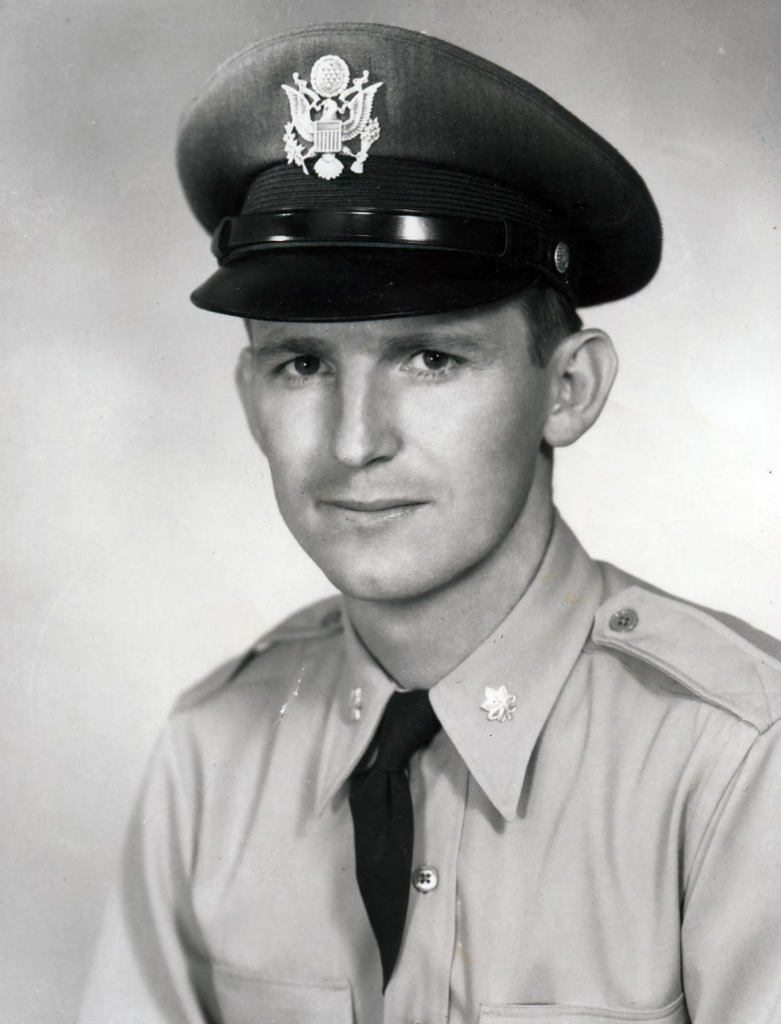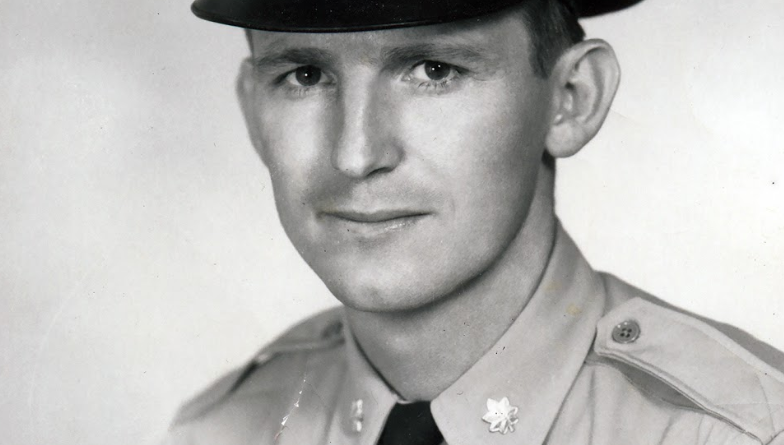A historical look: Maryville College actively acknowledges Korean war
This article is part one of a two-part series on Maryville College during the Korean and Vietnam Wars. Written by Ted Higgs, adjunct professor of English, History, Italian and Latin here at the college, he examined old issues of The Highland Echo to gain a sense of what was going on at the college during the Korean and Vietnam wars. Part two will be published in the next issue.
In reading through the issues of the Highland Echo published in the 50’s and 60’s, I was struck by the spirit of scholastic inquiry and moral concern I found. Every issue offered editorials, articles on Korea or Vietnam, and “News Capsules” of national and international interests. The paper did indeed give us the pulse of student response to world events.
The principal concern in the early 50’s was that the Korean conflict might escalate into another world war. When the war began, the College and the community suddenly realized how little was known about Korea. There was a flurry of discussion panels and lectures. Many of these events listed a student named In Sun Kim, who quickly, I presume, became the authority on things Korean. The response from the student body was encouraging. The paper mentions blood drives and visiting recruiters on campus. Students with sufficient physics and mathematics knowledge were offered commissions in a number of specialties, such as the Air Force weather service. In a word, the campus mobilized behind the war effort.
The college choir made trips to air base hospitals and Korean evacuee facilities. Korean war veterans were invited to football games and recognized for their service. Many of the local men and women swept up in the war returned to MC after their service. Ken Shephard, for example, entered the College in 1949 but was deployed with his National Guard unit, spending two years on active duty before returning to the College.
There were also many relationships forged between the College and Korean ministries, hospitals and orphanages. Often money raised by student groups was earmarked for Korea; proceeds, for example, from Barn Warming events were dedicated to Korean orphanages, and many of our graduates later took missionary and medical positions in Korea after completing their graduate degrees.
In the years that followed many more Korean students enrolled: Lee Suk Chai, for example, who was forced out of his communist high school in North Korea for writing a speech entitled “Freedom Under Bondage.” He managed to escape south by boat and made his way to Seoul but had to be hidden by his sister during the communist occupation of the city.
Similar global concerns were voiced at the beginning of the Vietnam conflict, but American society had changed since Korea. There was unrest in the streets and unrest and uncertainty on American campuses. It is fair to say that the country was divided in its response to the challenge Vietnam represented. The College was not immune to this division.

Dan McGill, MC ’40, received his master’s degree from Vanderbilt University before serving in the Army Air Corps during World War II. After the war he earned a doctorate from the University of Pennsylvania. He taught at UTK and UNC before returning to active duty during the Korean War. Following his service, he taught at the University of Pennsylvania, while serving as a consultant to the Federal Reserve. Dr. McGill and his wife, Elaine, were dedicated supporters of the College, leaving a legacy gift of $15 million dollars to the College for the establishment of the McGill Scholarship Program. Photo courtesy of Ted Higgs

